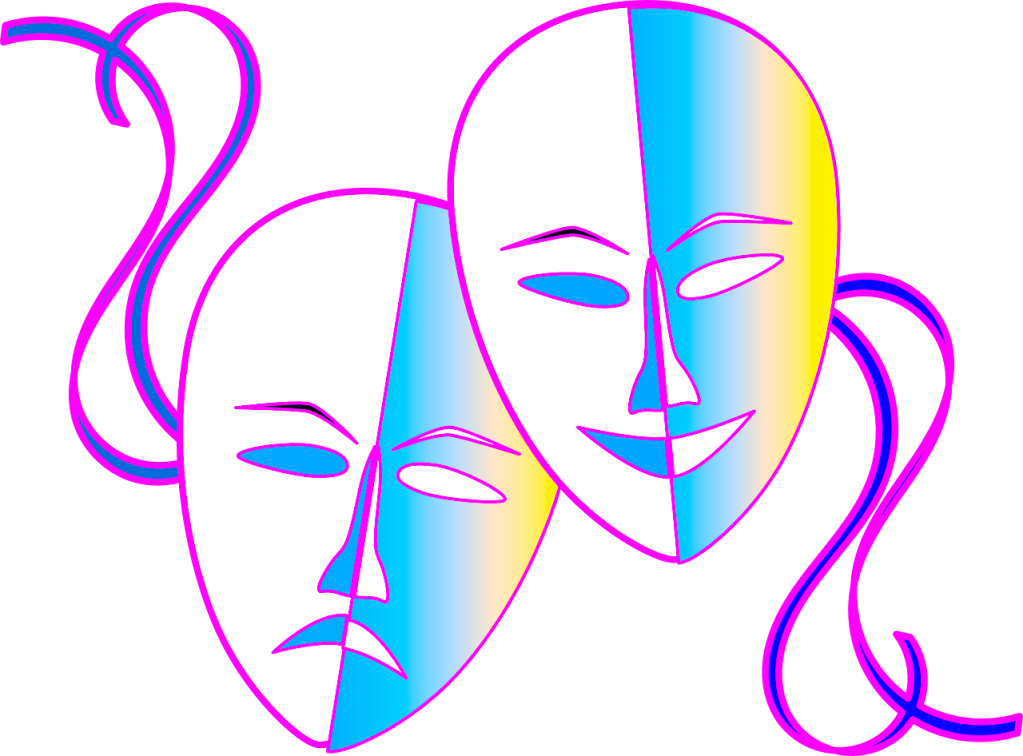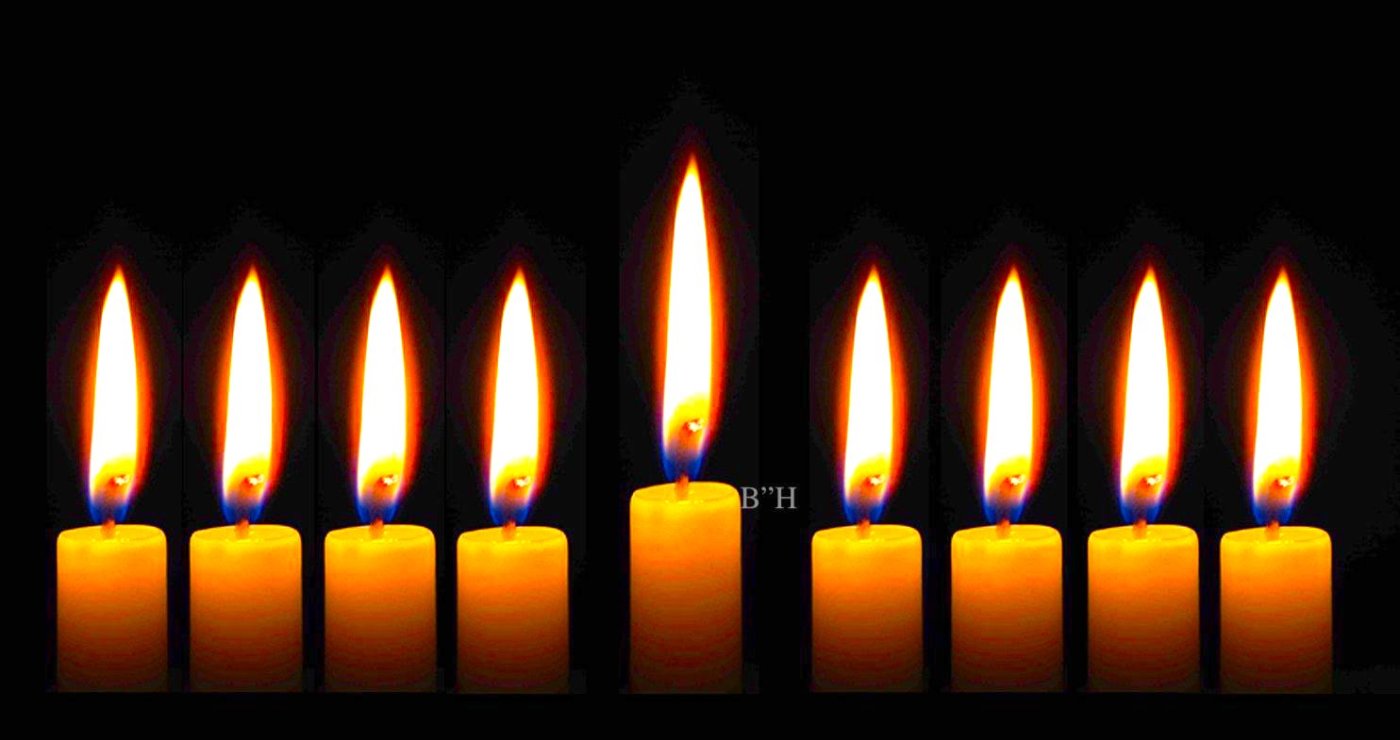I’m Supposed to be Happy, But I’m Crying
‘Blessed are you, L-rd our G-d, King of the Universe, who has granted us life, sustained us, and enabled us to reach this occasion.’
This is one of the blessings we recite on the first night of Chanukah and my son Jacob is not with us. G-d didn’t allow him to reach this joyous occasion. I feel bad for two reasons. First, my son is no longer in this world to light the Chanukah lights with us. Second, Chanukah is a happy time and I don’t feel happy.
We know that we celebrate Chanukah to commemorate the victory of a small group of people over oppressors who wanted to destroy their way of life. We also remember the wonderful miracle of the oil in the cups of the Holy Temple’s menorah, oil that was only enough to burn for one day, but miraculously burned for eight days.
But what does Chanukah say to me? What happiness can I derive from an ancient historical event that I can no longer share with my son? Is there some message I can take from the Chanukah lights to help me cope with my grief? The Baal Shem Tov taught that there is a personal message in everything we experience. So what’s the message for a grieving mother?

Happy outside but crying inside.
The Deeper Meaning Of Chanukah
The ancient Greeks had their own idea of a deity (in fact they had many), but couldn’t handle the concept of one G-d who not only creates the world every moment, but who involves Himself with man’s day to day life and moral behavior. They believed that although G-d created everything, He now sits back and lets man take over with his own human strength and power. Everything physical was glorified and spirituality was relegated to the back seat if it was acknowledged at all. The Greeks didn’t want to physically destroy the Jewish people. Torah study was permitted as an intellectual exercise and most of the commandments were ok on a practical level. They just didn’t want G-d in the picture.
However, there were three commandments whose observance incensed the Greeks – observing the Sabbath, blessing the new month (Rosh Chodesh), and circumcision. It was the inner meaning of these particular commandments that they couldn’t tolerate. Sabbath observance is a testimony that G-d is the creator. Blessing the new month is an affirmation that G-d controls time. Circumcision is a declaration that the physical and spiritual are fused together.
Chanukah was a time of intense spiritual darkness not just for the Jewish people but for anyone who acknowledged G-d’s existence and Divine providence. But somehow, people fought back because, with their intense faith, they knew that G-d would not abandon them.
What Chanukah Says to Me As A Grieving Mother
My son is gone and I feel I’ll never get him back. This is my spiritual darkness. So what’s Chanukah saying to me? It’s the message of hope. Light has always been, and still is, a metaphor for hope. The Chanukah lights represent hope. Remembering the three commandments the Greeks tried to destroy, I get a new insight on how I can observe this holiday with happiness.
The Sabbath – Chanukah teaches me that there’s a creator in whose hand is every living thing and dictates every event that a person experiences. Whatever caused my son’s heart to stop, it wasn’t some random event. Given the circumstances, it couldn’t have been prevented. Even though grief is painful, it’s what G-d wanted.

The Sabbath attests to the creation of everything.
Rosh Chodesh, the new month – it was His will that Jacob was born into this world at a certain time and was taken away at a certain time for a reason that only He knows.

Th renewal of the moon shows us that G-d controls time.
Circumcision – Chanukah tells me that the physical and spiritual are linked together. Jacob’s physical life is over for now, but spiritually he is alive. His spiritual soul and physical body will once again be reunited and this will occur at exactly the time that G-d wants it to happen.

The mitzvah of circumcision unites physical life and spiritual life.
The lights of Chanukah tell me that Jacob won’t be gone forever. And when that happens, I going to give him lots of hugs and kisses.
Chasing Away Darkness With Hope And Acts of Kindness
Rabbi Menachem Mendel Schneerson, the Lubavitcher Rebbe, always said that a small amount of light dispels a lot of darkness. In fact, we don’t even have to fight the darkness to make it go away. All we have to do is make light and the darkness will go away on its own. Even a small amount of hope can give one strength to carry on when there’s seemingly no end in sight to pain and suffering. I understand this intellectually, but I have to do something physically so I can internalize the concept. If I can just maintain my hope that I will see my son again, Chanukah will indeed be a happy holiday for me.
Keeping Hope Alive
Hope is not easy to maintain. It’s so easy to fall into a depression where we feel nothing will ever change. Our Rabbis tell us it’s not enough to think good thoughts, we have to do good things as well. There’s an old expression, ‘practice makes perfect’. Keeping our hope alive is no different.
My local Chabad Rabbi, Rabbi Ephraim Simon, says the Hebrew word for hope or faith is ’emunah’. He points out that ’emunah’ comes from the root word ‘uman’ which means a craftsman. Just as a craftsman has to always practice his craft to become more proficient, faith is something we need to practice to strengthen it and ensure it’s not lost. We can accomplish this by doing small acts of kindness each day.
A smile to the mail carrier, saying good morning to the cashier at the checkout, giving a thank you to anyone who helps us – these are small things that have a great effect on others. Giving charity everyday is a tremendous thing. Even if it’s only a small coin, one small coin each day adds up to a great amount.
Any act of kindness we do for others, or kind words that we say to others, benefits us, helping to strengthen our faith.
So How Do I Feel About Chanukah Now?
After all these lofty ideas, you may think that now, I’ve got it, that I’m ok with Jacob not being here, and I’m one happy person. Not at all. I’m still a grieving mother. But Chanukah has become happier for me when I think about the real meaning of the holiday and try to put into practice what I’ve learned. But I still think about Jacob everyday, and at times, I still grieve, I still cry. I have to work on my emunah. Just like the craftsman, I’m still practicing.

Wow. This is poignant and beautiful.
-David